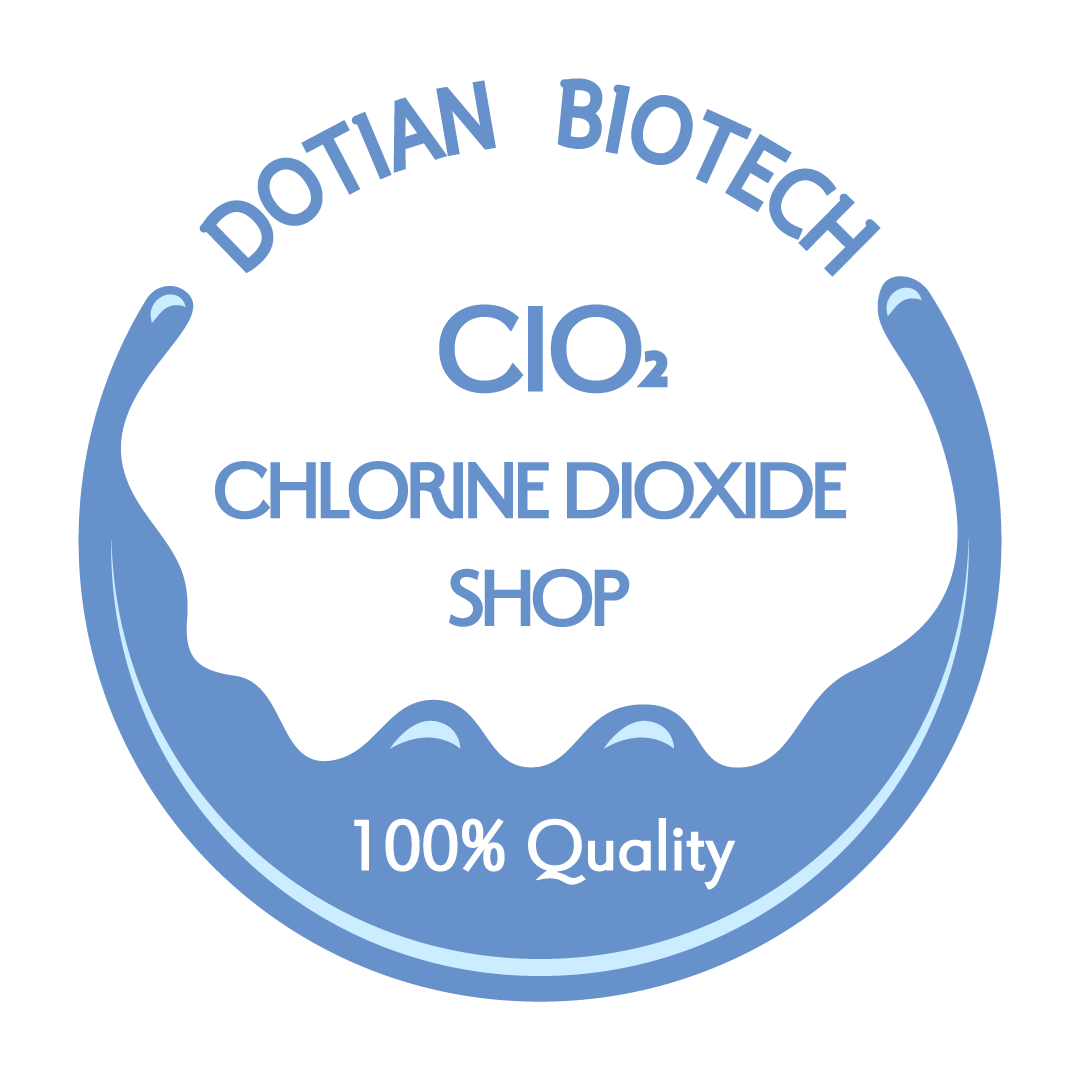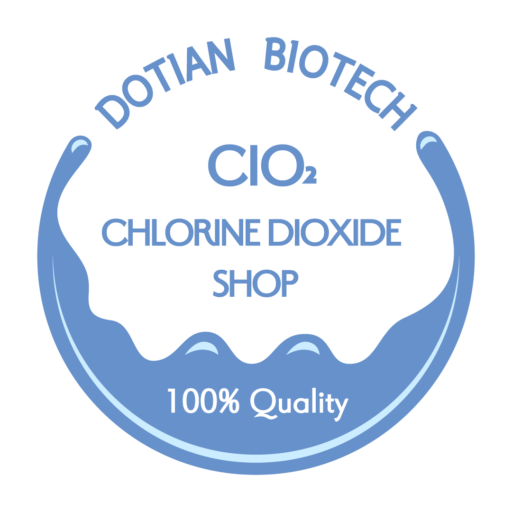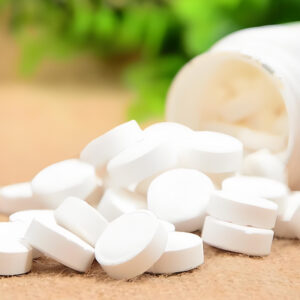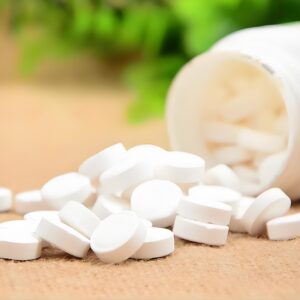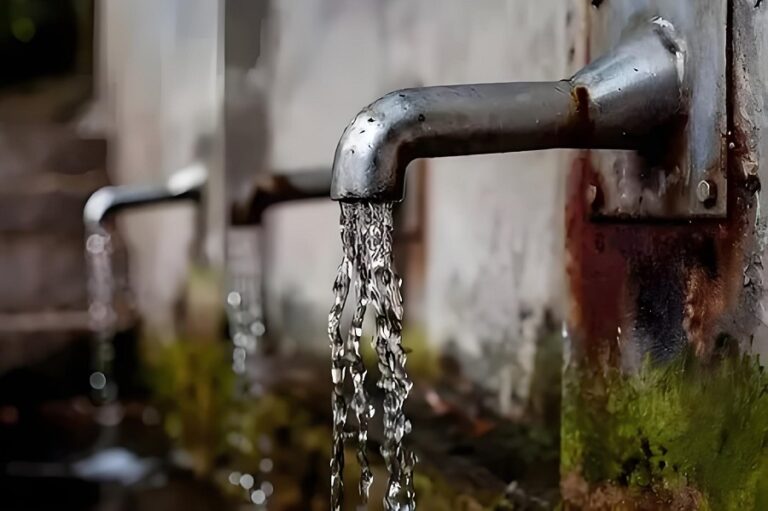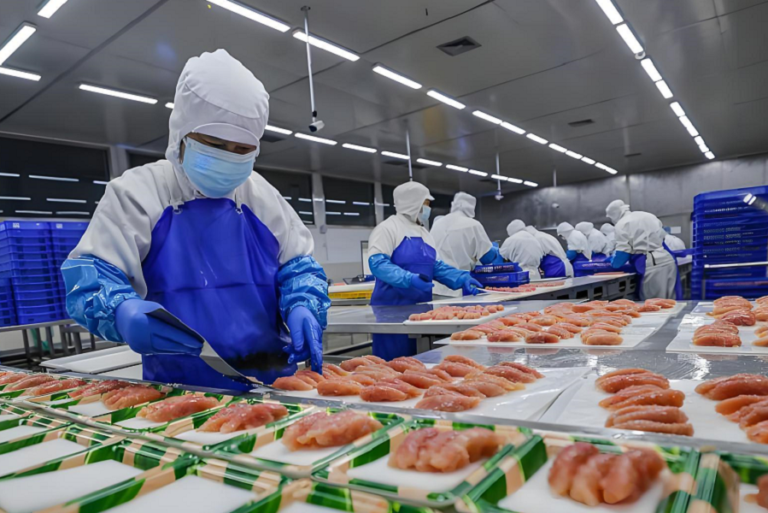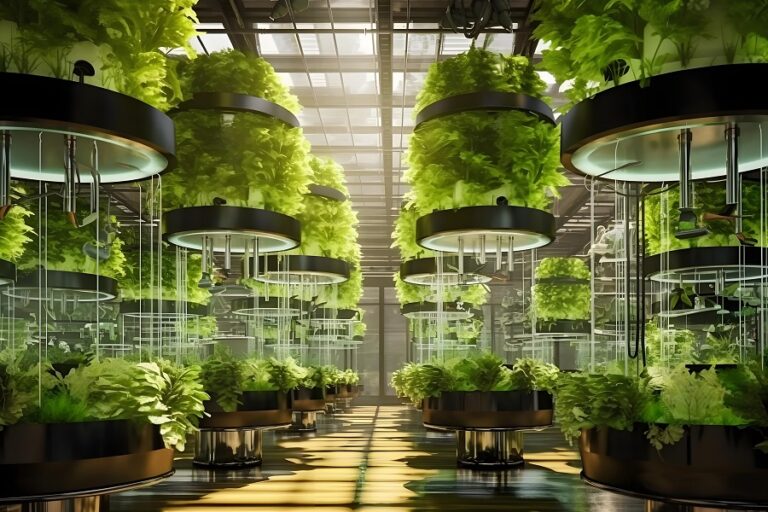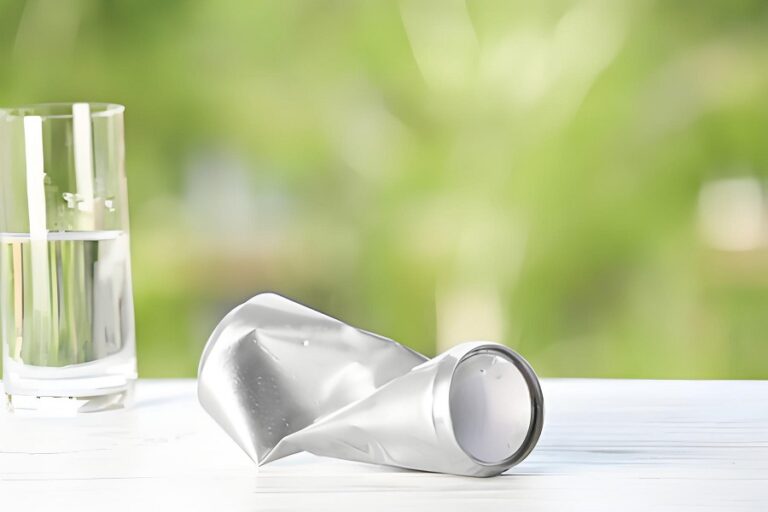Key words: Drinking Water, Livestock
Access to clean drinking water is a critical factor in the overall health, productivity, and sustainability of livestock operations. Contaminated water can lead to significant health risks for cattle, horses, poultry, and swine, impacting their growth, yield, and overall well-being. Livestock producers face increasing challenges in ensuring safe water supplies, from microbial contamination to the presence of toxins and heavy metals.
In this article, we explore the common problems related to water contamination in livestock farming, the potential losses associated with these issues, and how Chlorine Dioxide (ClO2), specifically in the form of DOTIAN® chlorine dioxide generators, offers an effective solution. We will also discuss the environmental and economic advantages of using chlorine dioxide effervescent tablets and powder.
Contaminated Water: A Persistent Risk for Livestock
Contaminants such as pathogens, toxins, and heavy metals in drinking water are not only harmful to the animals but also pose a public health risk through the consumption of meat, milk, and eggs derived from affected livestock. Pathogens like E. coli and Salmonella can lead to severe diseases in livestock, resulting in reduced productivity or even death. Moreover, agricultural runoff introduces pesticides and herbicides, which can poison water supplies, while heavy metals such as lead and arsenic can accumulate in an animal’s system, causing long-term damage to their organs and immune function.
The effects of contaminated water on livestock include:
- Diarrhea, infections, and weakened immune systems, reducing overall herd health.
- Lower feed conversion efficiency, negatively affecting growth rates.
- Increased veterinary costs and potential herd losses, resulting in financial setbacks for farmers.
Why Chlorine Dioxide is the Best Solution for Livestock Drinking Water
Chlorine dioxide (ClO2) has proven to be one of the most effective water treatment solutions for livestock operations. Unlike traditional chlorine treatments, ClO2 works efficiently across a broader range of conditions and eliminates a wider spectrum of contaminants without producing harmful by-products such as trihalomethanes (THMs).
Research has shown that ClO2 effectively combats waterborne pathogens, including bacteria, viruses, and protozoa, and addresses other contaminants like biofilms, which often form in water lines and serve as breeding grounds for bacteria.
Key benefits of chlorine dioxide include:
- Broad-Spectrum Pathogen Control: Chlorine dioxide is highly effective against bacteria, viruses, and protozoa, ensuring healthier water for livestock. It works even in conditions where chlorine is ineffective.
- Biofilm Prevention: ClO2 prevents the formation of biofilms in water distribution systems, ensuring that water lines remain clean, and animals consistently receive uncontaminated water.
- Removal of Unpleasant Odors and Tastes: Unpleasant odors or tastes in water may deter animals from drinking enough, but ClO2 eliminates these issues, maintaining proper hydration levels.
- Toxin Neutralization: Chlorine dioxide effectively removes harmful chemicals and toxins from water, safeguarding livestock from potential poisoning due to pesticide or heavy metal contamination.
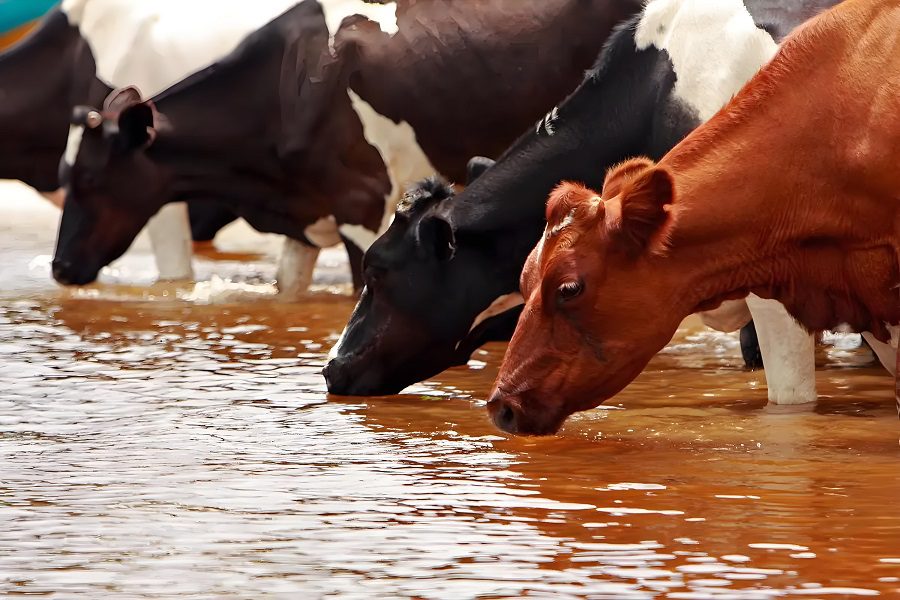


Technical Exploration: How Chlorine Dioxide Works
Chlorine dioxide’s disinfection process is unique in that it oxidizes contaminants without reacting with organic materials to form harmful compounds. Unlike chlorine, which can result in carcinogenic by-products, ClO2 breaks down contaminants without leaving toxic residues. This makes it an environmentally friendly choice, aligning with modern sustainability goals in agriculture.
The use of DOTIAN® chlorine dioxide effervescent tablets and powder offers livestock producers an efficient and economical solution for managing water quality. As chlorine dioxide generators, these products can be precisely dosed to maintain optimal water cleanliness, ensuring livestock health without requiring costly or complex equipment.
Studies confirm that chlorine dioxide is particularly effective in preventing common waterborne illnesses that often plague livestock, such as coccidiosis in poultry and cryptosporidiosis in cattle. This significantly improves productivity and reduces losses due to disease outbreaks.
Economic and Environmental Benefits of Using ClO2
One of the key reasons more farmers are turning to chlorine dioxide is the economic advantage. Compared to other water treatment methods, ClO2 reduces the need for antibiotics, veterinary costs, and animal losses, thereby increasing farm profitability. Additionally, because it can be applied in precise, low doses, it is cost-effective over the long term.
From an environmental perspective, ClO2 is an excellent alternative to chlorine, as it does not produce carcinogenic by-products or disrupt local ecosystems when released into the environment. DOTIAN® products are specifically designed to meet modern agricultural and environmental standards, promoting both farm productivity and ecological sustainability.
Ensuring that livestock have access to clean drinking water is not just a matter of animal welfare, but a vital factor in farm productivity and public health. The use of chlorine dioxide generators, such as DOTIAN® chlorine dioxide effervescent tablets and powder, offers a superior solution for water treatment. By addressing common contaminants like pathogens, toxins, and heavy metals, ClO2 protects both livestock and consumers, while also providing significant economic and environmental benefits.
To learn more about how DOTIAN® chlorine dioxide generators can enhance your water treatment processes and safeguard your livestock, contact us today.
